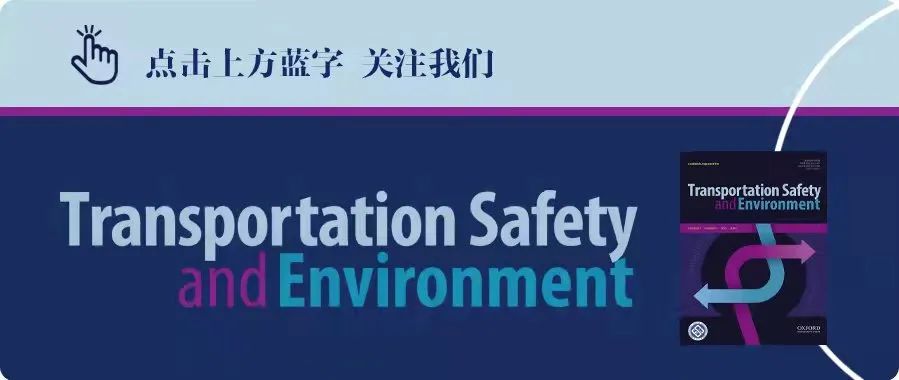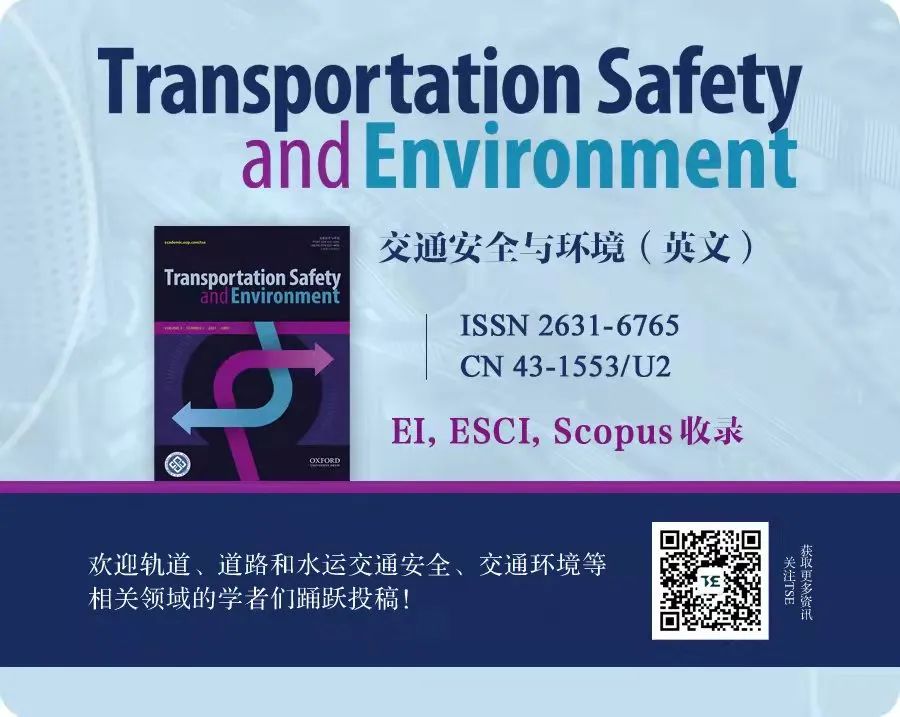
Research on the stability of virtual coupling train formation based on a PID controller under the influence of time delay
Sixuan Qiu, Ningzhou Li, Xiaojuan Wei, Gaosong Li*
Abstract
As the latest research direction of train-to-train communication, virtual coupling train formation technology has attracted the attention of many scholars. This paper studies the influence of time delay on the formation of virtual coupled trains. We proposed a distributed PID controller, which means that trains can still form a stable fleet operation under the influence of communication delay and control delay. After modelling and analysis, the research uses Matlab to conduct simulation, involving two sets of experiments. Factors including speed, acceleration, position, position error, expected distance between adjacent trains and actual distance between adjacent trains are simulated. The results demonstrate that the distributed PID controller can effectively control the impact of time delay on the virtual coupling fleet.
Machine Translation Abstract
The virtual coupling train formation technology, as the latest research direction of train-to-train communication, has attracted the attention of many scholars. This paper investigates the influence of time delay on the formation of virtual coupled trains.
We propose a distributed PID controller that allows trains to maintain stable fleet operation despite communication and control delays. After modeling and analysis, this study uses Matlab for simulations, involving two sets of experiments. Factors such as speed, acceleration, position, position error, expected distance between adjacent trains, and actual distance between adjacent trains are simulated. The results indicate that the distributed PID controller can effectively manage the impact of time delay on the virtual coupling fleet.
Note: The above translation was completed by machine and may contain ambiguities or inaccuracies. If you have suggestions, please leave a message in the background. Thank you!

Press the QR Code
For Detailed Information
Author affiliation
Sixuan Qiu, Ningzhou Li, Xiaojuan Wei and Gaosong Li*
School of Railway Transportation, Shanghai Institute of Technology, Shanghai 201418, China.
∗CA. E-mail: [email protected]
Cite this paper
Sixuan Qiu, Ningzhou Li, Xiaojuan Wei, Gaosong Li, Research on the stability of virtual coupling train formation based on a PID controller under the influence of time delay, Transportation Safety and Environment, Volume 6, Issue 3, July 2024, tdad037.
DOI: https://doi.org/10.1093/tse/tdad037
1
END
1
– Copyright Information –
Editor: Luo Ruonan
Initial Review: Chen Yating
Re-review: Deng Luxiang
Final Review: Yang Baohua
For reprint and cooperation matters, please contact:
This article contains some data, charts, or other content sourced from the internet or other public materials, and the copyright belongs to the original author and source. If the copyright owner believes this article infringes their rights or other issues, please contact us for timely handling.


Click 【Read Original】 to view paper information!